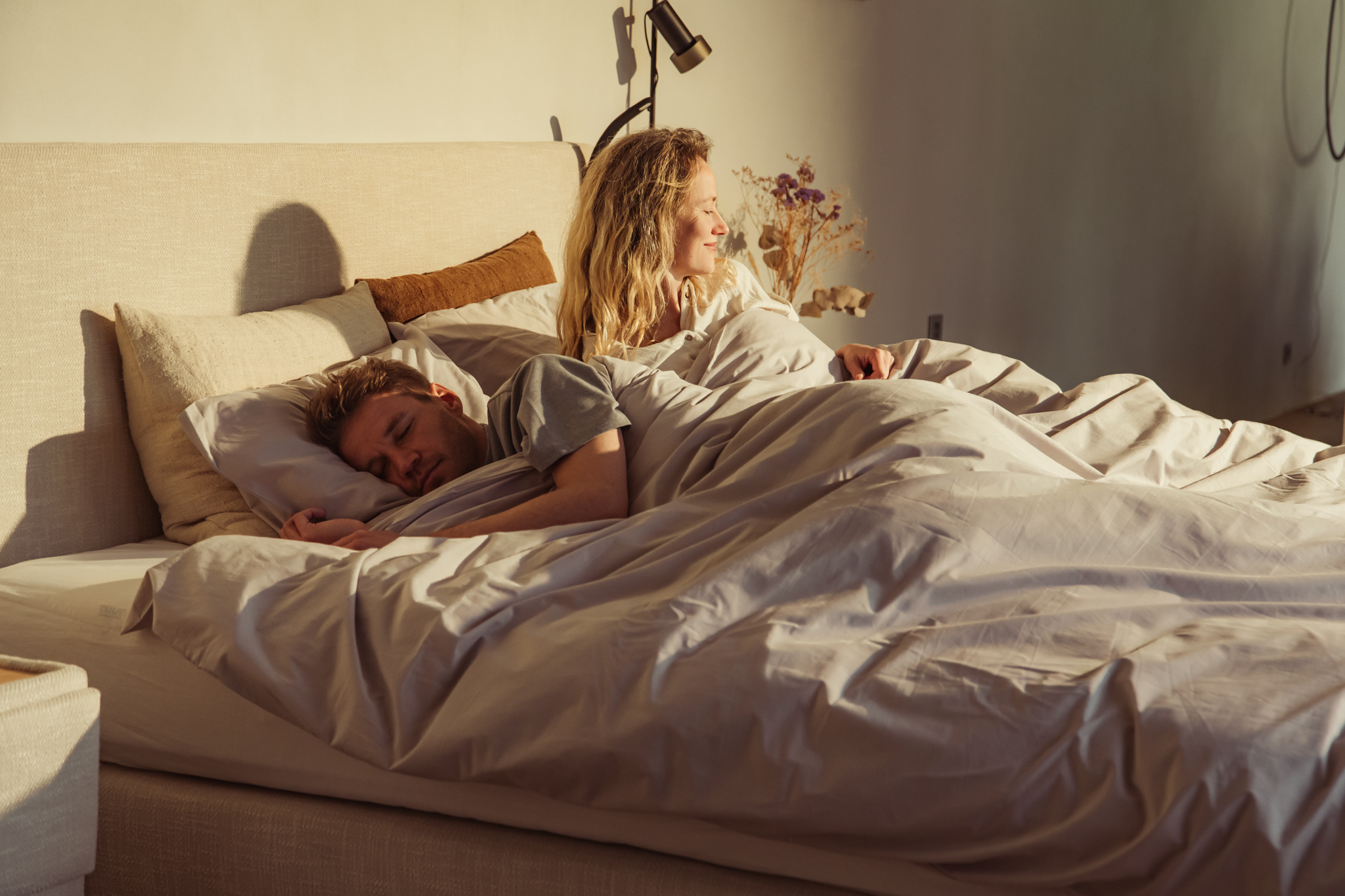The impact of sleep on sports performance: facts and myths
A good night's sleep is crucial for everyone, but for athletes, it can mean the difference between winning or losing. Yet, many persistent myths circulate about sleep and sports performance. In this blog post, we debunk these myths with scientifically backed facts and offer practical tips for better results.

Myth 1: "If you eat well and train, sleep doesn't matter much"
Nothing could be further from the truth. Sleep is one of the key pillars of recovery and performance. During deep sleep, growth hormones are produced that help with muscle repair and tissue growth. Poor sleep can even negate the effects of nutrition and training. Learn more in our article on athletes and sleep.
Facts:
- Poor sleep reduces strength, speed, and reaction time.
- 7 to 9 hours of sleep per night is ideal for active athletes.
- Sleep deprivation significantly increases the risk of injury.
Myth 2: "Power naps can replace a bad night's sleep"
A short power nap can temporarily boost your energy levels, but it never compensates for chronic sleep deprivation. Recovery mainly occurs during deep and REM sleep at night. It is therefore essential to prioritize full nightly rest.
Facts:
- Naps of 20 minutes can improve mental alertness.
- Full recovery requires uninterrupted nighttime sleep.
Myth 3: "More sleep is always better"
Although getting enough sleep is important, oversleeping can actually lead to fatigue and a disrupted sleep rhythm. The quality of sleep is just as important as the quantity.
Facts
- Sleep quality affects sports performance more than the number of hours.
- Rhythm and consistency are crucial for optimal recovery.
Practical tips for athletes
Want to improve your sports performance through better sleep? Here are proven strategies:
- Invest in a quality mattress: a good mattress supports your body optimally and prevents unnecessary pressure points. Check out our mattress collection for ergonomic options.
- Follow a fixed sleep routine: go to bed and wake up at the same times every day.
- Limit screen use before bedtime: blue light disrupts melatonin production.
- Create a calming sleep environment: dark, cool, and quiet surroundings promote deeper sleep.
For more scientific background on sleep and recovery, also read our article on the science behind recovery during sleep.
Sleep is not an afterthought but a fundamental part of athletic performance. Don't be misled by myths: invest in your sleep for top performance during the day. And remember, the right mattress can make the difference between waking up refreshed or starting the day with stiff muscles.
Need advice on choosing the perfect mattress? Check out our mattress collection.
